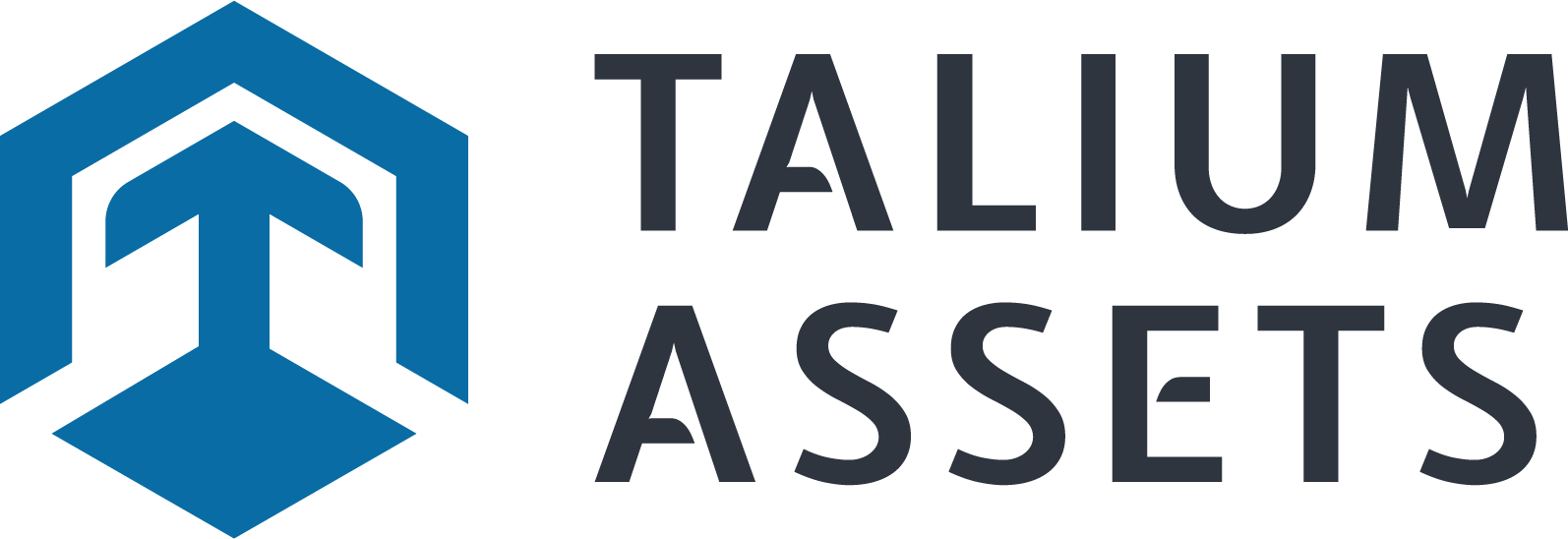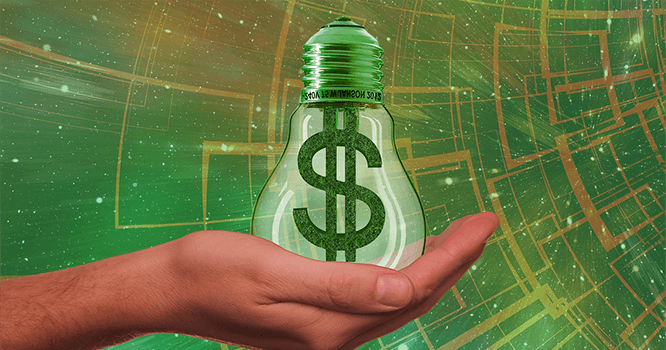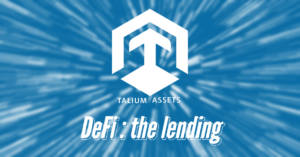Concerns about ecology and responsible investment are in the air today. Tokenization is the future of finance, but is it also the future of sustainable finance? That’s what we’re going to find out.
What is sustainable finance?
History of sustainable finance
Sustainable finance has its origins in Socially Responsible Investment (SRI), which implies a notion of ethics in investment. It was in the United States that Philip L. Carret created the first SRI fund in 1928: the Pioneer Fund. Initially initiated by religious leaders, the consideration of ethics in investment has been largely secularized while continuing to focus on environmental and social issues.
In the beginning, “SRI” funds excluded unethical activities. Then scores were assigned to the different activities that constituted the funds and investment priorities were dedicated to the highest rated activities.
More recently, we have seen the grouping of funds by theme, generally focused on the same value, and sometimes even a single sector. This trend has allowed funds to focus on sustainable development activities, encouraging companies to develop their CSR (Corporate Social Responsibility).
These various criteria, which are not solely linked to financial results, are called extra-financial criteria. SRI for Sustainable Responsible Investment, ESG for Environmental, Social and Governmental criteria, extra-financial criteria often have different nomenclatures, which makes national and international regulation difficult.
Today, in France, the AMF frames the information intended for investors in the position recommendation DOC-2020-03 updated in July 2020. This allows us to note that although responsible investment has been a reality for a century, the regulations are only beginning to fight against greenwashing.
It is important to note that throughout this article, ESG notions are taken into account in the definition of sustainable finance.
What is included in sustainable finance?
As we have just seen, it would be too restrictive to include only environmental criteria in sustainable finance; it is also responsible.
We find in particular:
– Everything that encompasses carbon: the carbon tax allows states to recover money that can thus finance sustainable projects. The carbon market allows companies to sell their quotas, which encourages them to consume less carbon in order to sell them. This is also called the carbon credit.
– Green bonds and green securitization: on the one hand, green bonds allow investors to lend to ecological projects. Securitization consists in transforming financial assets into financial securities. In the case of green securitization, “green” funds are in charge of the transformation.
– Solidarity finance allows investing in the social and solidarity economy (e.g. cooperatives, mutual societies, associations), and is largely made possible through employee savings. In France, the SRI (Socially Responsible Investment) label is given to funds that take into account extra-financial criteria in their investment decisions.
Representing concerns that are increasingly present, sustainable finance is also seeing the sectors it covers become more digital. We will see in a second part, what tokenization could improve.
What can tokenization bring to sustainable finance?
Tokenization is the recording of a right to a shared registry. A shared (or distributed) registry is a repository registered and synchronized across multiple nodes (computers) that evolves with new data validated by the network that can never be deleted. The blockchain is a shared registry.
If a public blockchain is used, the information present can be consulted by everyone.
The digitization of securities on a blockchain-type technology makes it possible to dispense with certain financial intermediaries (e.g. custodian account holder) and ultimately reduce the carbon footprint of each exchange. Blockchain is often seen as a polluting technology. However, protocols are evolving, new ones are being created, and are becoming less and less energy-consuming. Moreover, as it is indicated in this article of “le journal du net” (FR), the blockchain plays an important role in the ecological transition.
The immutable nature of blockchain-type technologies also plays a very important role in sustainable finance. Cryptocurrencies, which live on this type of registry, are perfectly traceable, which would allow tracing the investors’ funds in order to see their good use by the associations/funds. This transparency brings more confidence from investors.
Regarding traceability, Talium was already looking into the tokenization of carbon credits in 2018 in order to trace buyers, sellers, and to ensure that these credits are bought or sold only once. Another advantage is that tokenized carbon credits can be traded more easily on a secondary market.
At the governance level, it is possible to use tokenization to automatically and transparently manage voting within an organization. For example, it allows investors and regulators to easily ensure that the investment decisions of SRI-labeled funds are compliant. Also, it can bring more decision-makers into the management of an organization.
Find out more with Talium Assets!
Want to learn more about what tokenization could do for your industry?
Fill out the contact form, or make an appointment directly with our co-founders
Resources and complements:
Doctrine II 2020-03 Informations à fournir par les placements collectifs intégrant des approches extra-financières
Finance durable, La finance pour tous
La finance durable, définition par novethic.fr
Finance Durable : Les Propositions De L’amf Pour La Stratégie Renouvelée De La Commission Européenne, article du 30 juillet 2020 à propos de la consultation de la commission européenne achevée le 15 juillet.
Réponse des autorités françaises à la consultation sur la stratégie renouvelée pour la finance durable, 24 juillet 2020
https://fr.readkong.com/page/investissement-responsable-et-durable-ird-4504894?p=1
Petite histoire de la finance durable : https://financefortomorrow.com/la-finance-durable/
Finance durable par l’AMF
Investissements responsable, une bonne affaire, Le Point, 13 novembre 2020



